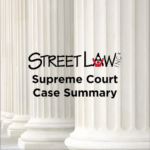Does Congress have the authority to enact the Violence Against Women Act under either the Commerce Clause or Fourteenth Amendment? This case summary shows how the Supreme Court answered this question in 2000.
James Madison and the First Amendment
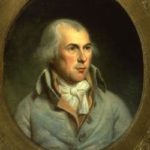
This short video traces the evolution of Madison’s attitude towards the religious liberty guarantees of the First Amendment. Initially opposed to a Bill of Rights as both inappropriate and dangerous, Madison’s views changed as a result of political and philosophical considerations. Professor Jeffry Morrison emphasizes Madison’s belief that religion should play a vital but informal role in the life of the republic.
Religion and the States: Why the Constitution is Silent on God
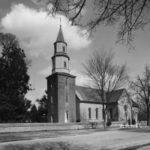
This short video explains why the Constitution is silent on religion. The Founders believed that religion was a matter best left to the states. As Professor Jeffry Morrison notes, the Founders were not unconcerned about religion, but a belief in federalism led them to allow individual states to make decisions about religious matters.
James Madison and Religion
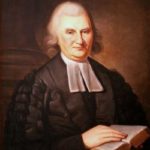
This short video reviews James Madison’s attitudes towards religion. Although he believed that religious belief was essential in a virtuous republic, he also was a religious libertarian for whom God alone was the “lord of conscience.” Professor Jeffry Morrison suggests that Madison’s Calvinist teachers (e.g., Dr. John Witherspoon) shaped his belief that government should be blind toward religion.
The Great Awakening
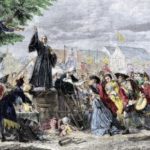
This short video examines the flurry of religious expression which spread throughout the colonies during the 1740’s and 1750’s. Led by individuals such as George Whitfield and Jonathan Edwards, the Great Awakening cut across racial, class, and geographic barriers to create an incipient sense of nationalism. Professor Jeffry Morrison contends that the popular religiosity of this movement contributed directly to the popular constitutionalism of the 1770’s.
Religion in Colonial America
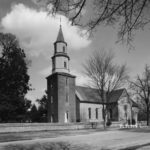
This short video examines impact of Reformed Christianity on the minds and hearts of the Framers of the Constitution. Influenced by the writings of John Locke, Algernon Sydney, and John Calvin, Founders such as George Washington and John Adams believed that religion should play an informal, though important, role in American Society. Professor Jeffry Morrison examines Adams’ contention that colonial fears of British bishops helped to inflame revolutionary sentiments.
